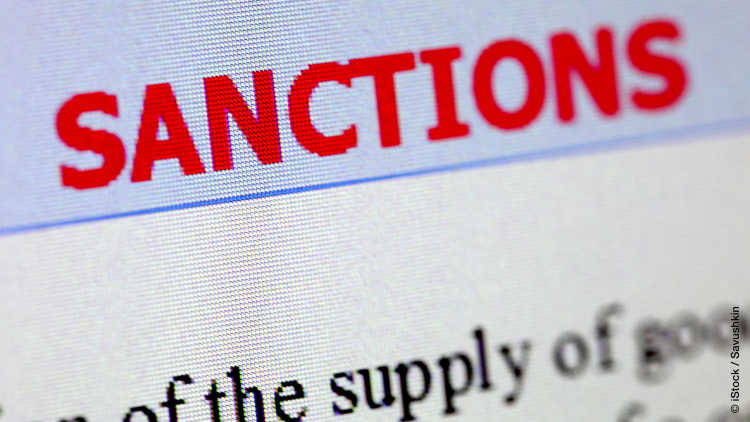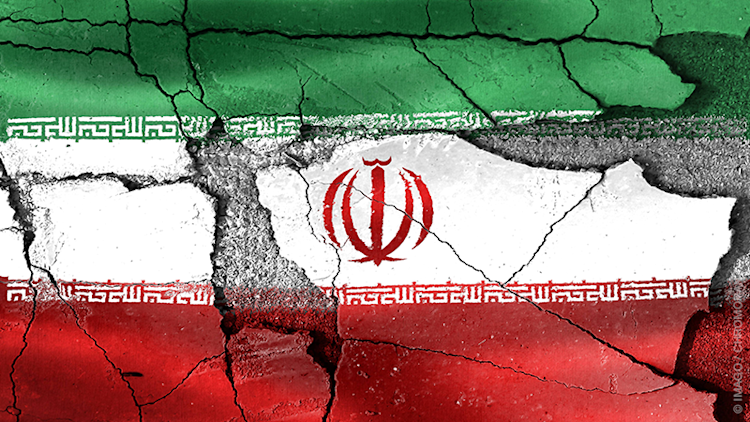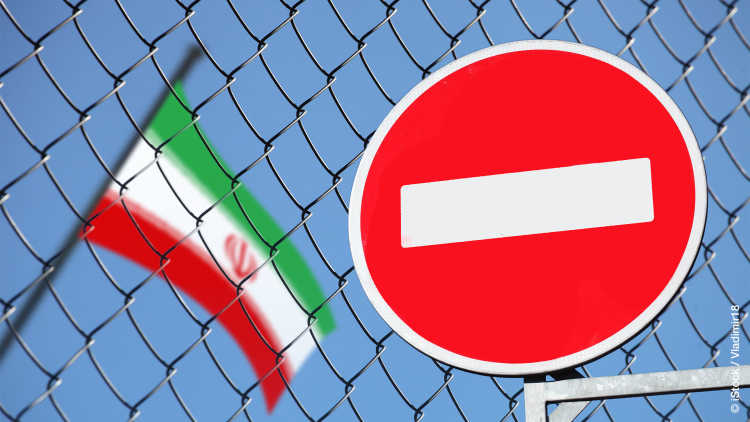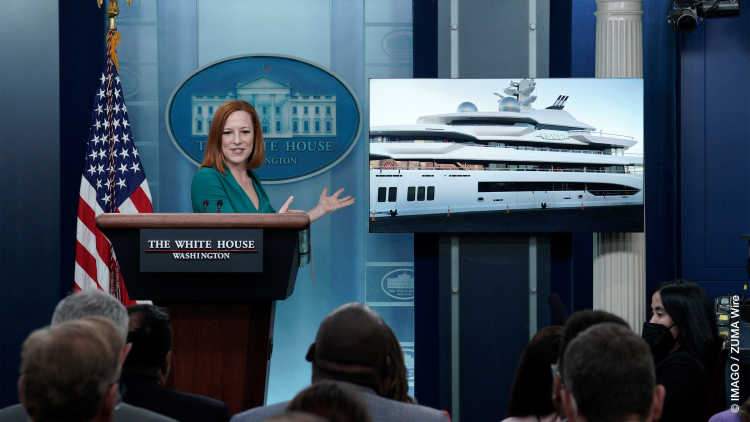- Home
- Research & Transfer
- Research Projects
- Targeting: How the USA and EU Use Individual Sanctions
Targeting: How the USA and EU Use Individual Sanctions
Individual sanctions have become a go-to instrument with which Western powers confront challenges to international peace and security. Shaping the trend of individualizing accountability, the USA and the EU as the main bilateral global sanction senders target individuals and entities to hold them accountable for the instigation of armed conflict, the proliferation of weapons of mass destruction, or the violation of human rights. INSA seeks to systematically analyze and compare the listing decisions of the USA and the EU.
Deutsche Stiftung Friedensforschung (DSF), 2023-2026
Team
Research Questions
(1) Which individuals and entities are selected as sanction targets and put on sanctions lists?
(2) How are these individuals and entities selected?
(3) Why are specific individuals and entities selected as sanction targets by the USA and EU?
Contribution to International Research
The project seeks to make three contributions to international research:
(1) It will conceptualize the selection of individual sanction targets (combining the number and position of targeted individuals and entities) and thereby contribute to the intense scholarly and policy debate about fair and strategic/biased sanctions targeting.
(2) It will combine the characteristics of triggers and issue areas, senders (USA and EU), and individual targets—which all shape listing decisions—in a testable framework.
(3) It will systematically analyze which individuals and entities are listed and why they are selected as sanction targets using a research design that combines quantitative and qualitative evidence, and it will compile a new database on individual sanctions.
Research Design and Methods
The project will apply a multimethod research design that complements rigorous quantitative analysis, for instance, computational text analysis, with an in-depth investigation of decision-makers’ considerations.





























